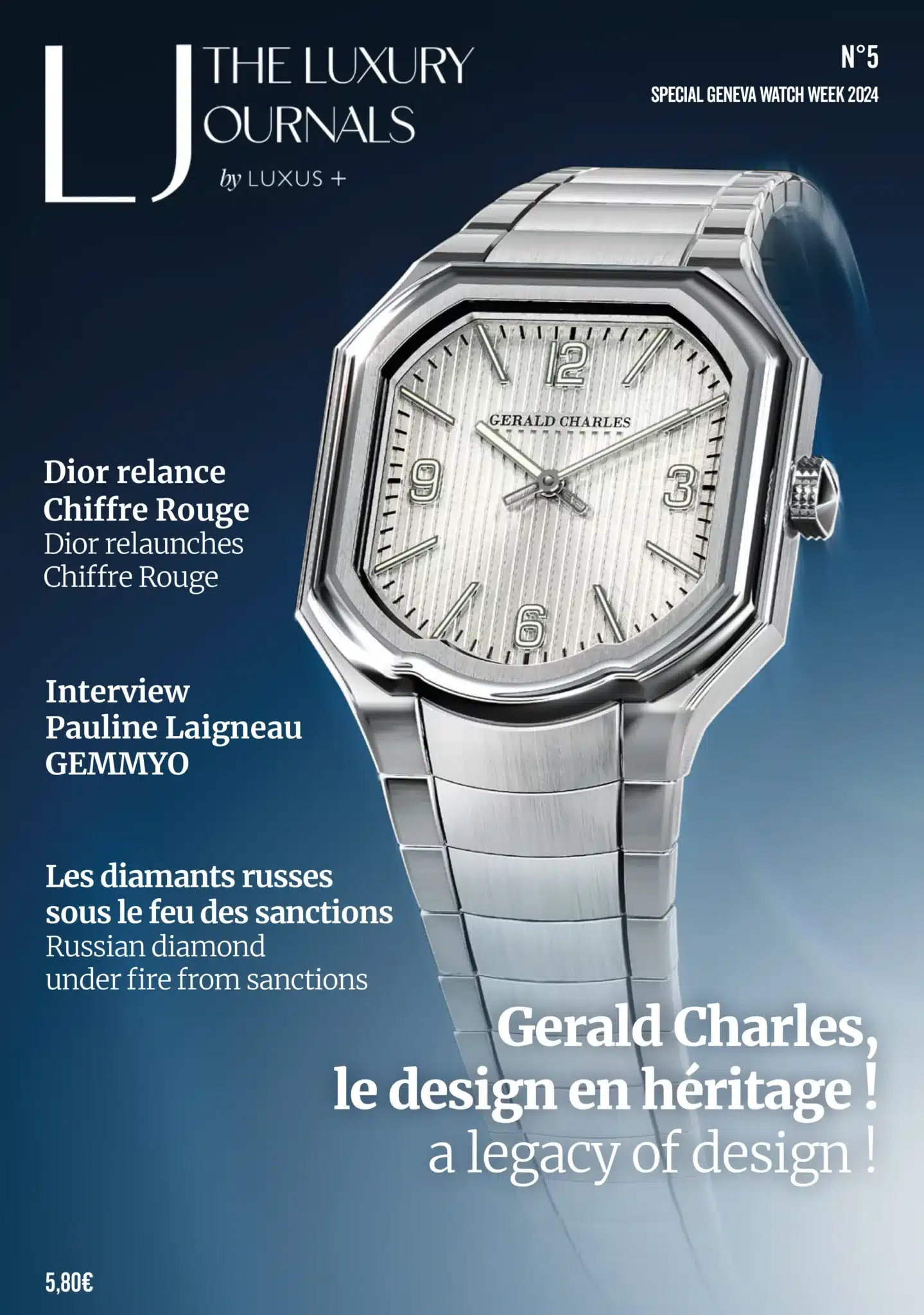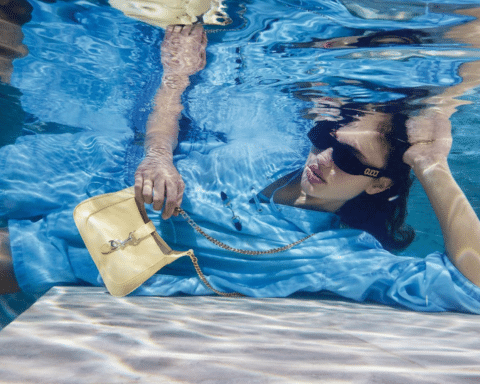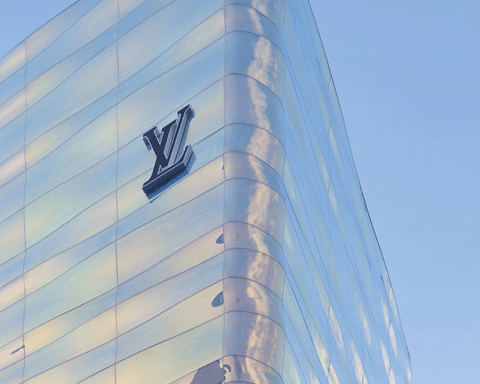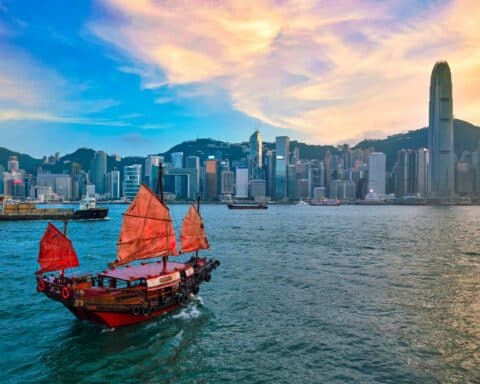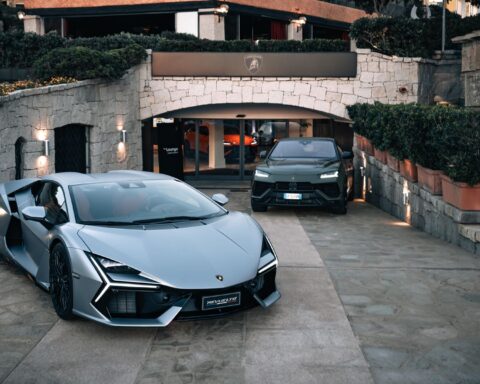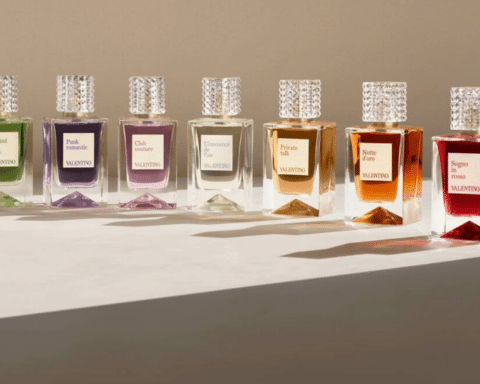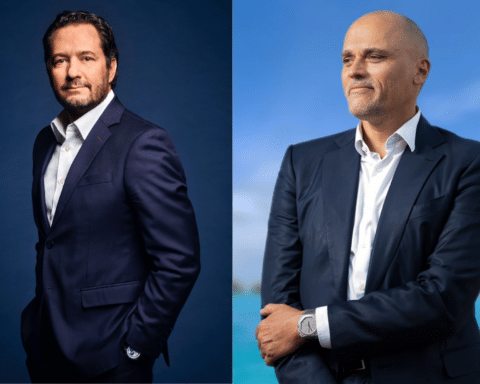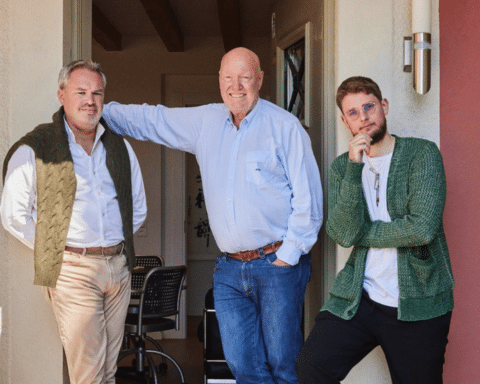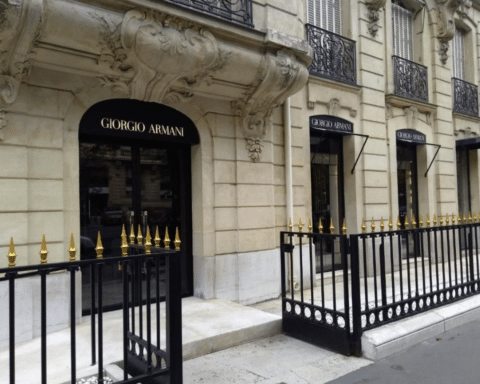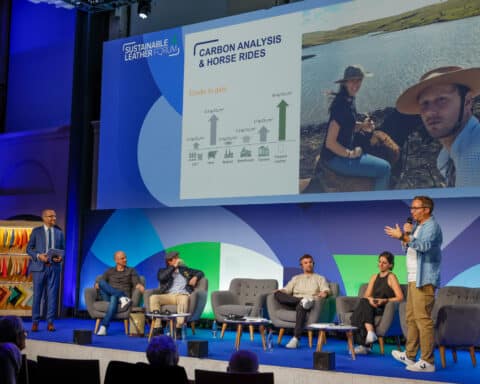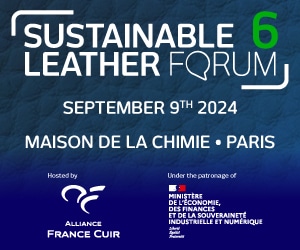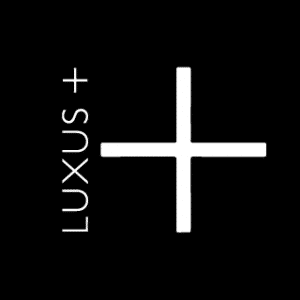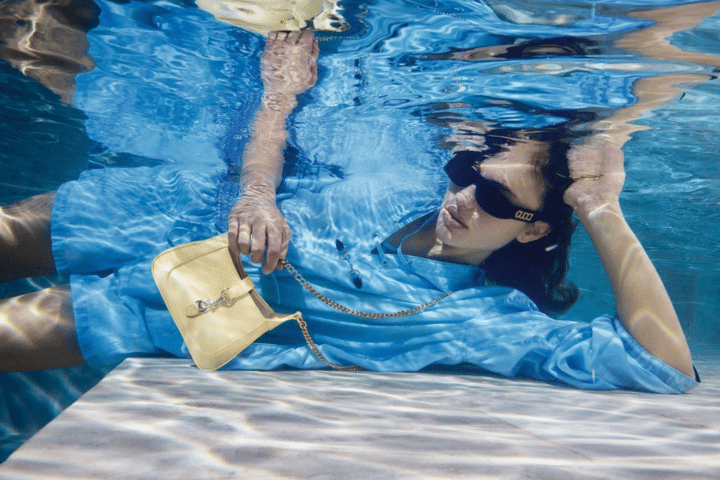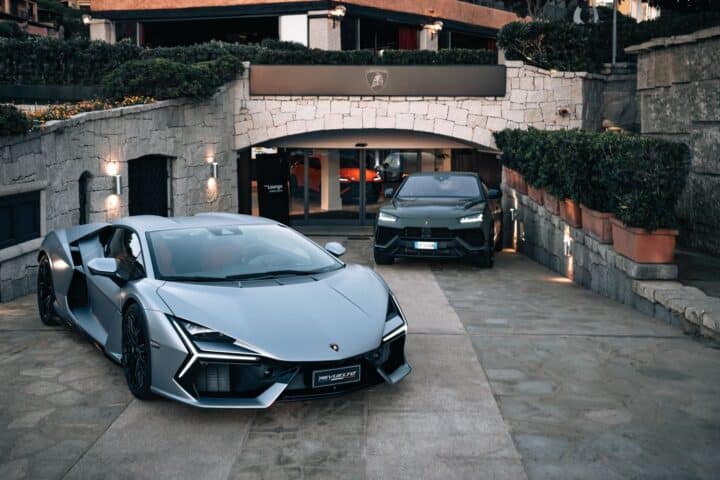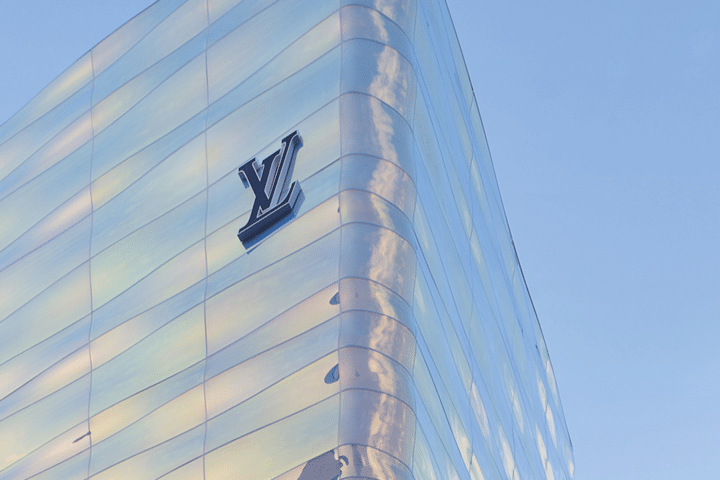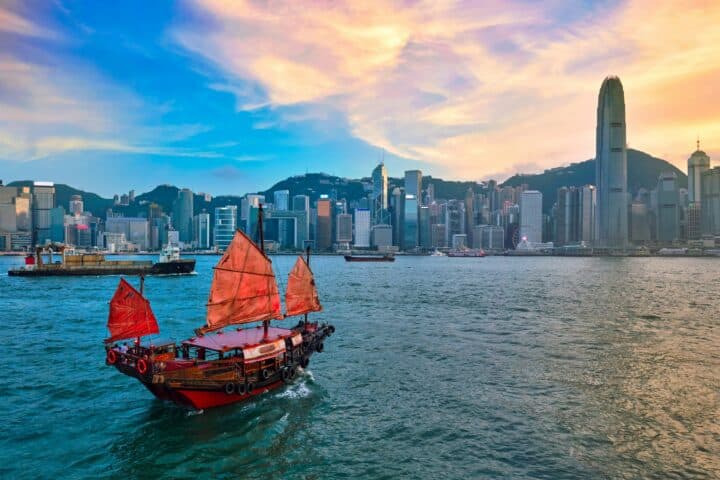[vc_row njt-role-user-roles=”administrator,armember”][vc_column][vc_column_text]
If there is indeed a constructive aspect to the Covid-19 pandemic, it is that it highlighted the primordial stake that e-commerce represents for luxury companies. Due to a tradition in the sector that registered the act of selling in physical stores exclusively, the luxury industry started its digital transition late. The future of luxury is now being played out online.
At a 2015 conference in Monte Carlo, the president of the luxury goods group Richemont, Johann Rupert, announced his ambition to “create a unique and dominant neutral platform for the luxury industry” with the companies LVMH and Kering. Aware that “the future of luxury retailing was being played out both online and offline”, Johann Rupert invited the firms of Bernard Arnault and François-Henri Pinault to participate in his project to dominate the e-commerce sector.
And for good reason: five years later, Covid-19 provoked a real war between the luxury firms that simultaneously adopted e-commerce, which had become a key issue for the industry. Thus, Richemont – the owner of the Cartier and Van Cleef & Arpels brands – joined the Chinese giant Alibaba to invest 1.1 billion dollars in the online fashion site Farfetch. Kering, which owns Gucci, Sait Laurent and Alexander McQueen, also invested $50 million in this platform, via its Artemis vehicle.
In addition, the new importance given to e-commerce by the luxury sector is illustrated by the internal redesign of the LVMH company. The French group’s digital director, Ian Rogers, announced on Monday on Twitter that he was joining the French start-up Ledger, specialized in crypto-money. “I am extremely proud of what we have achieved at LVMH over the last five years”, he wrote. “We have revolutionized buzz words like ‘digital’, ‘data’, ‘social networks’ and ‘multi-channel’ into practical applications that focus on the future of the industry.”
Echoing Ian Rogers’ words, LVMH is expected to appoint Michael David, currently Director in charge of online commerce for the Louis Vuitton brand, to the new position of “omnicanal” director, in charge of both real and virtual sales. For his part, Chris de Lapuente is expected to become director of the Selective Retailing division. He would head Sephora, Le Bon Marché, but also 24S, an online sales platform created by Ian Rogers himself.
On this subject, LVMH stated that “This upheaval comes at a time when luxury online sales are increasing due to intermittent store closures since the coronavirus pandemic. For those stores that remain open, online support functions such as providing information on the availability of items, online ordering and payment or making appointments to try products have become essential to smooth traffic.”
The development of brand strategies mobilizing various sales channels is not only experienced by LVMH. The Australian retailer Kennedy is a good example of a company that has successfully made the digital transition. The company actually has a cleverly designed website and offers quality services to online shoppers who benefit from free and secure personal delivery. Similarly, TAG Heuer has distinguished itself by offering interactive visuals of its watches on its site.
All of these initiatives highlight the fierce competition among luxury brands to dominate the e-commerce sector. A declaration of war that offers us a glimpse of great prospects for innovation.
Read also > THE CRYPTOCURRENCY, A NEW BASE VALUE ?
Featured Photo : © Agence Tiz[/vc_column_text][/vc_column][/vc_row]


